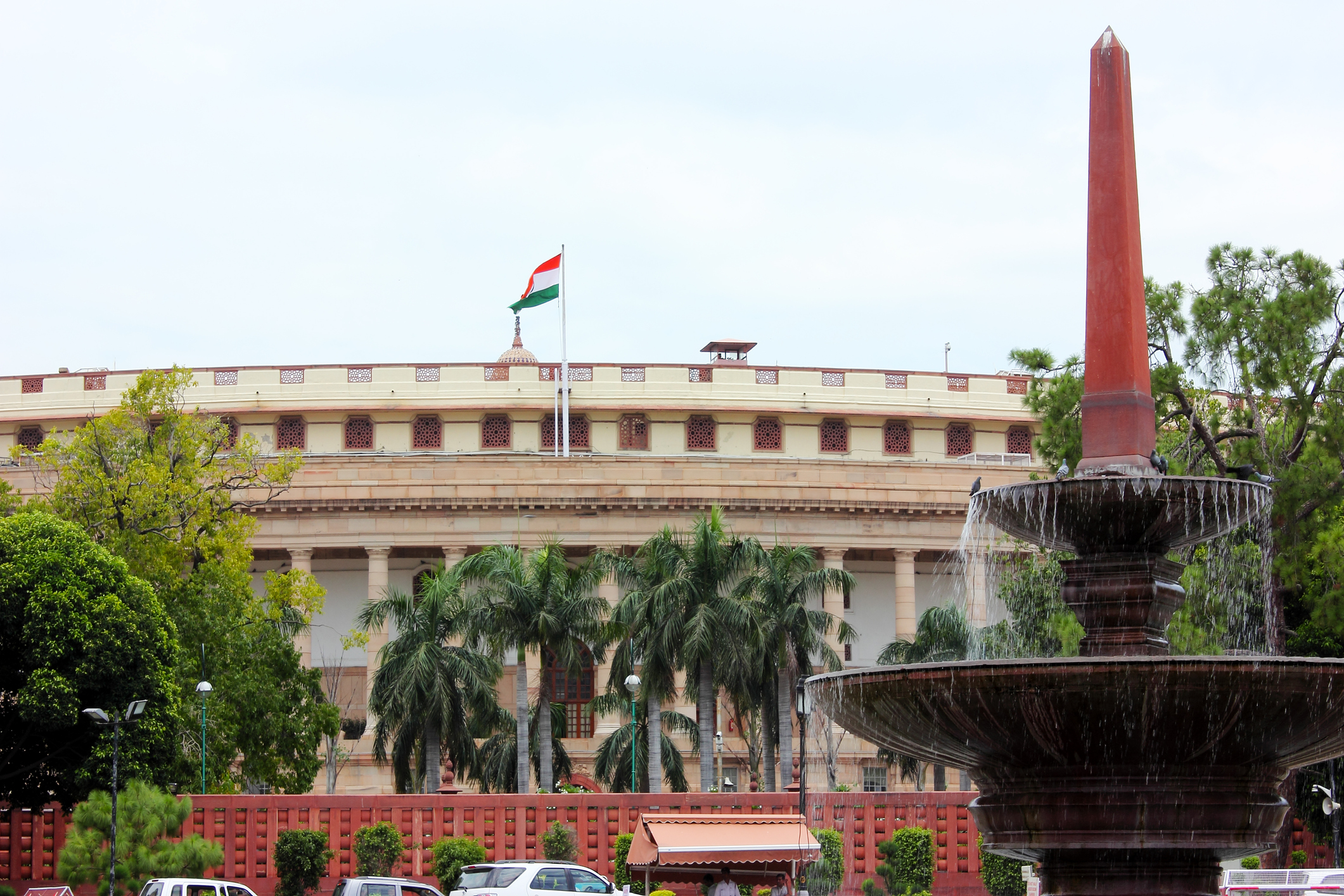Union minister Prakash Javadekar on June 12 said during a cabinet briefing that a fresh bill would be borught to help protect the rights of married Muslim women and prevent divorce by ‘talaq-e-biddat’ (instant triple talaq).
The bill declares the practice of instant triple talaq as void and illegal. It also makes it an offence punishable with imprisonment of up to three years and a fine.
This is the second time the bill will be introduced in Parliament in the session starting on June 17. This is the bill's journey:
October 16, 2015
The Supreme Court ordered a suo motu PIL to examine Muslim Personal Law and consider rules that go against Muslim women, particularly polygamy, nikah halala and triple talaq. The decision to consider the rights of Muslim women came up when the bench was hearing appeals on a Hindu daughter’s right to equal share in ancestral property.
February 6, 2016
The Supreme Court asked attorney-general Mukul Rohatgi to help examine the rights of Muslim women. Jamiat Ulema-i-Hind knocked on the Supreme Court door to join the PIL. The same month, Shayara Bano approaches the court against instant triple talaq pronounced by her husband.
March 28, 2016
The Centre submitted a panel report to the Supreme Court on a plea challenging polygamy, nikah halala and instant triple talaq. The All India Muslim Personal Law Board was made a party to the case.
October 7, 2016
The central government urged the top court to abolish instant triple talaq, nikah halala and polygamy because it was in gross violation of Quranic injunctions and values of justice and equality in the Constitution.
February 16, 2017
The apex court said a five-judge Constitution bench would examine the legality of instant triple talaq, nikah halala and polygamy. Hearing started on May 11.
August 22, 2017
The verdict on the five cases of instant triple talaq – of Shayara Bano, Aafreen Rehman, Gulshan Parveen, Ishrat Jahan and Atiya Sabri – was announced. With a 3:2 majority, divorce through instant triple talaq was rendered void, illegal and unconstitutional.
December 28, 2017
The Modi government introduced the Muslim Women (Protection of Rights on Marriage) Bill, 2017, that made the practice of instant triple talaq a criminal offence. It is passed in the Lok Sabha.
August 10, 2018
The bill failed to pass the strength in the Rajya Sabha.
September 19, 2018
The cabinet approved an ordinance that made instant triple talaq a punishable offence with a three-year jail term. The ordinance lapsed on January 22.
June 12, 2019
The new cabinet approved the Muslim Women (Protection of Rights on Marriage) Bill, 2019. It is scheduled to be introduced in the next session. The NDA would need 124 votes to pass the bill in Rajya Sabha but is 25 votes short. In the Lok Sabha, the NDA is not expected to face no problem.










